MI5 Director General Ken McCallum requests 'public' help to contain espionage threat
The Director General of the British Security Service (MI5), Ken McCallum, is to deliver an important speech later today (July 14) in which he is expected to urge the public to be vigilant about threats emanating from “hostile states”.
The speech is set to be delivered at MI5’s Thames House headquarters, where McCallum is expected to formalize the Security Service’ shift away from tackling terrorism by non-state groups to focusing on more traditional threats, notably espionage by foreign intelligence services.
Underscoring MI5’s failure to contain the growing foreign intelligence threat, McCallum is expected to make a direct appeal to the British public to help the Security Service in detecting and disrupting the activities of foreign agents.
"We have seen over 10,000 disguised approaches from foreign spies to regular people in the UK, seeking to manipulate them", McCallum will say, referring to a five-year period.
"UK victims of state espionage range way wider than just government. We see the UK's brilliant universities and researchers having their discoveries stolen or copied; we see businesses hollowed out by the loss of advantage they've worked painstakingly to build”, the Director General of the Security Service is expected to say.
McCallum will warn people working in “high-tech” businesses, engaged in “cutting-edge scientific research” or “exporting into certain markets” that they are potentially of interest to “foreign spies”.
Urging people to be “switched on”, as opposed to scared, nonetheless the head of MI5 will warn the “consequences [of espionage] range from frustration and inconvenience, through loss of livelihood, potentially up to loss of life”.
"Given half a chance, hostile actors will short-circuit years of patient British research or investment. This is happening at scale. And it affects us all. UK jobs, UK public services, UK futures", McCallum, who was appointed as MI5 DG in April 2020, will warn.
McCallum’s speech coincides with government plans to introduce new and tougher legislation to counter the activities of foreign intelligence services on British soil
The proposed legislation is expected to be a much tougher upgrade to existing counter-espionage laws, which revolve around the Official Secrets Act (1989).
Furthermore, the government is undertaking intensive consultations to potentially introduce a US-style lobbying register, effectively forcing people who overtly and legitimately work for foreign governments to sign up.
Leader: Iran has no proxy forces in West Asia
US fighter aircraft shot down ‘in friendly fire’ amid aggression on Yemen
Yemeni FM: Israel’s sponsors accountable for ongoing aggression on Sana’a
Eight Palestinians killed as Israel attacks Gaza school, hospitals
VIDEO | Rome, Milan host new protests in solidarity with Palestinians
Dec. 21: ‘Axis of Resistance’ operations against Israeli occupation
Spain jurists demand ties with Israel ties be cut
VIDEO | Press TV's news headlines


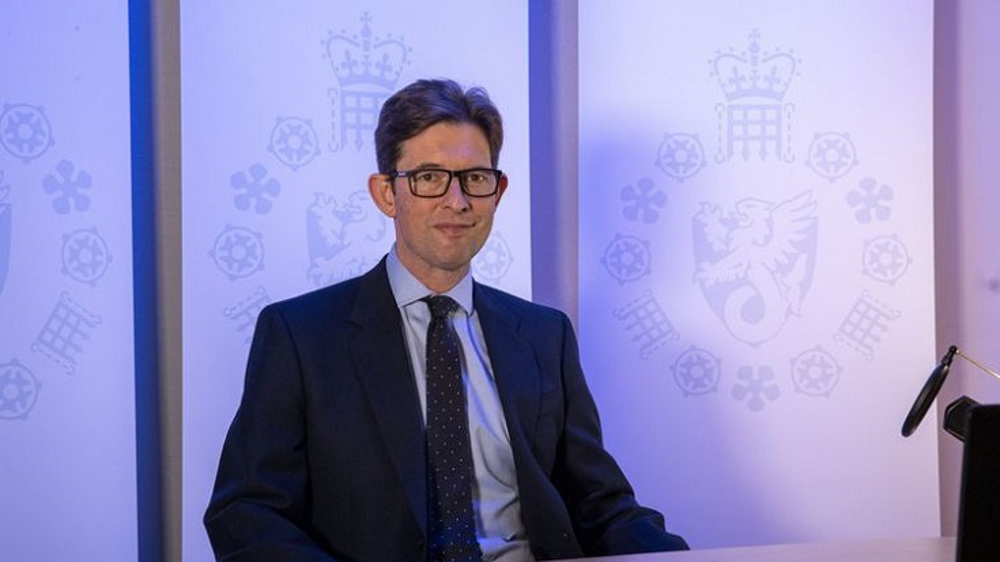
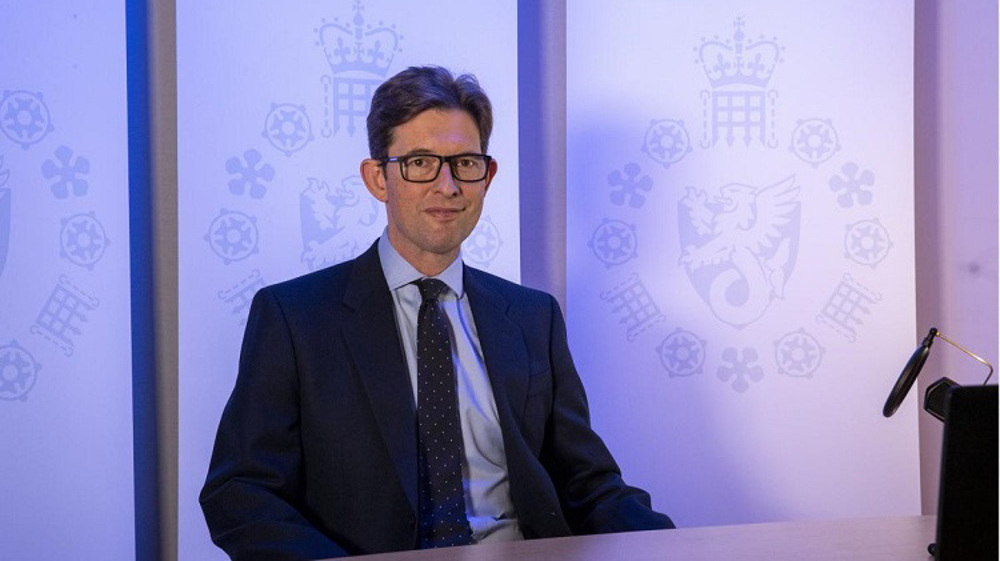
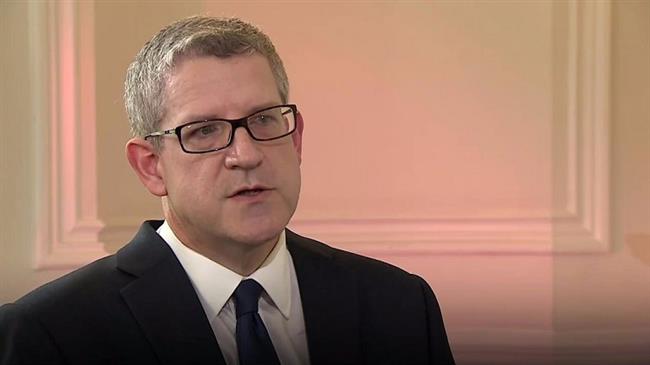
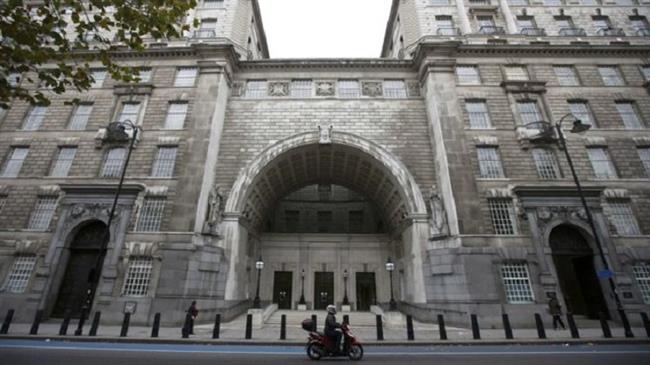
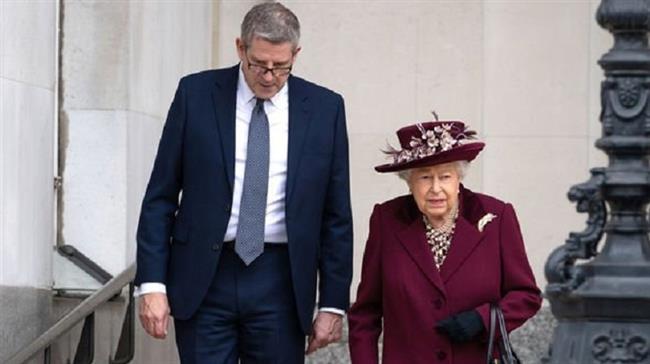


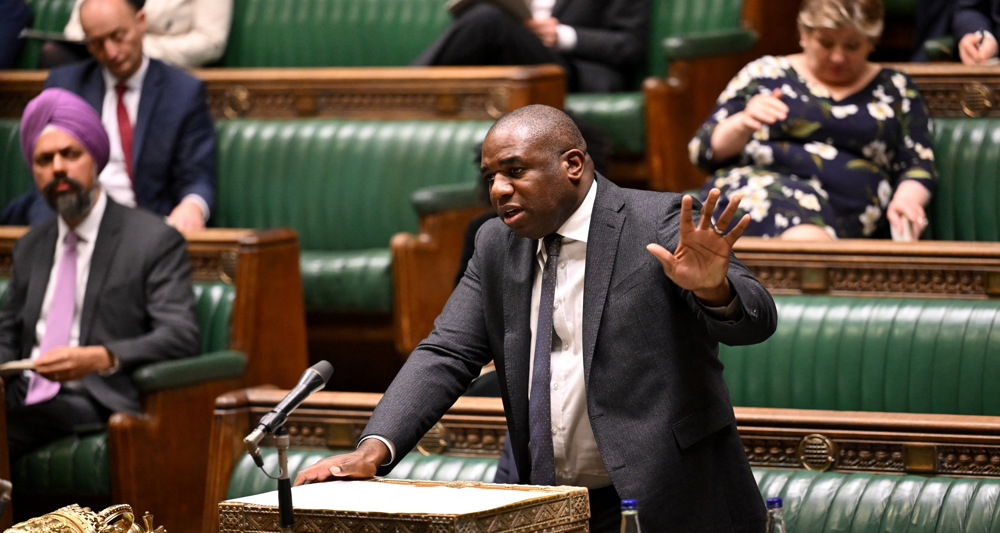




 This makes it easy to access the Press TV website
This makes it easy to access the Press TV website